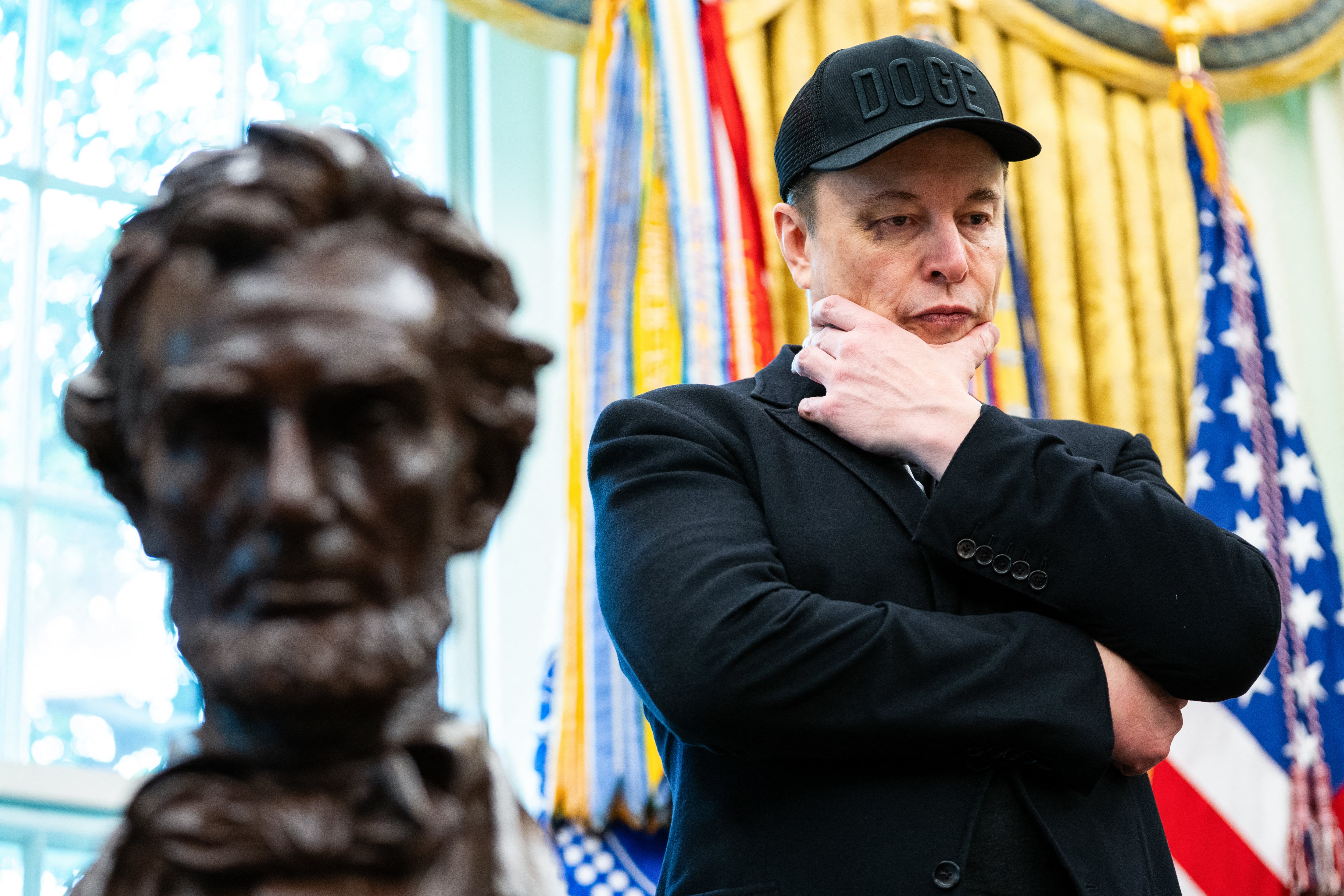From Wall Street to Silicon Valley, these are the top stories that moved markets and had investors, business leaders, and entrepreneurs talking this week on Cheddar.
TRUMP TRADE VICTORIES
It was a split-screen week in what has been a split-screen presidency. As the impeachment of President Trump advanced to the Senate, where the trial is now set to begin in earnest, the president notched not one, but two major victories in his trade platform. On Wednesday, Trump signed a so-called ["phase one" trade deal whttps://cheddar.com/media/trump-signs-u-s-china-phase-one-trade-deal-in-momentous-step)ith China, signaling a détente in a protracted trade war that resulted in hundreds of billions of dollars of tariffs being exchanged on exports between the world's two largest economies over the better part of two years. The initial agreement is expected to increase American agricultural exports to China, open up the Chinese market to more American companies, and institute new rules intended to stop the theft of American intellectual property.
Then, on Thursday, the NAFTA-replacing USMCA sailed through the Senate en route to the president's desk for signature. The pact will establish new labor provisions that could make it harder for American companies to send jobs to Mexico, and puts in place new "country of origin" quotas automakers must abide by if they want to be exempted from tariffs. The advancement of both these trade deals helped send markets to record highs, with the Dow closing above the 29,000 mark for the first time.
TRILLION-DOLLAR CLUB
Google parent Alphabet hit the elusive $1 trillion valuation in Thursday trading, making it the fourth American tech company reach a market capitalization once thought impossible. Apple, Amazon and Microsoft have all hit the $1T mark over the last two years. Determining Google's valuation is a bit murky, though, as the company has a famously complex class structure and doesn't break out financials for some of its properties, including YouTube. Still, the milestone is remarkable for a company that went public in 2004 at a $23 billion valuation ー considered astronomical at the time. It also comes at a time of intense change at Google, with its founders recently stepping down and its corporate culture and data-collection practices increasingly in the cross-hairs of both regulators and internal reformers.
FREE AS A BIRD
Comcast announced details, pricing and a timeline for its entry into the crowded streaming wars. Comcast-owned NBCUniversal says Peacock will debut in July (or April, for Comcast cable customers), and will come in three tiers: a free version with limited content, a $5-per-month, ad-supported version (free for Comcast subscribers), and a $10-per-month tier open to anyone, with no ads. That makes it more in line with Hulu's pricing structure, though Comcast and NBC hope a combination of exclusive shows and content will appeal to streamers weary of the ever-growing marketplace. At the outset, customers will get to enjoy new shows, like a Battlestar Galactica reboot, old favorites, like The Office, and the ability to watch the network's late-night shows a few hours early.
BANK EARNINGS
A significant part of the week's rally came on strong earnings from the big banks. Citi, JPMorgan Chase, Bank of America and Morgan Stanley all topped estimates to varying degrees, while Wells Fargo disappointed and Goldman Sachs reported a mixed bag, thanks to a $1 billion legal bill. BofA and JPMorgan both credited their quarters to a rebound in fixed-income trading activity (JPM's 2019 results were the best full year for a bank in history). Morgan Stanley ended the slew of results on a high note, raising performance goals and helping send the S&P 500 to a new high of about 3,300.
GAP NIXES SPLIT
Gap Inc. has decided to keep Old Navy in its portfolio of apparel brands. The retailer announced a year ago that it planned to spin off Old Navy, which has put up consistently solid sales despite a so-called "retail apocalypse." However, it has eaten into Gap's other brands, including its chain of namesake stores. The company said the "cost and complexity" of the Old Navy spin-off, given the softer overall retail market, wasn't worth it. Gap also announced that Neil Fiske, CEO of the Gap brand, would be leaving. The company has been working with an interim CEO overseeing all its brands after Art Peck stepped down late last year. Shares of Gap soared on the news that Old Navy would be staying in-house.








